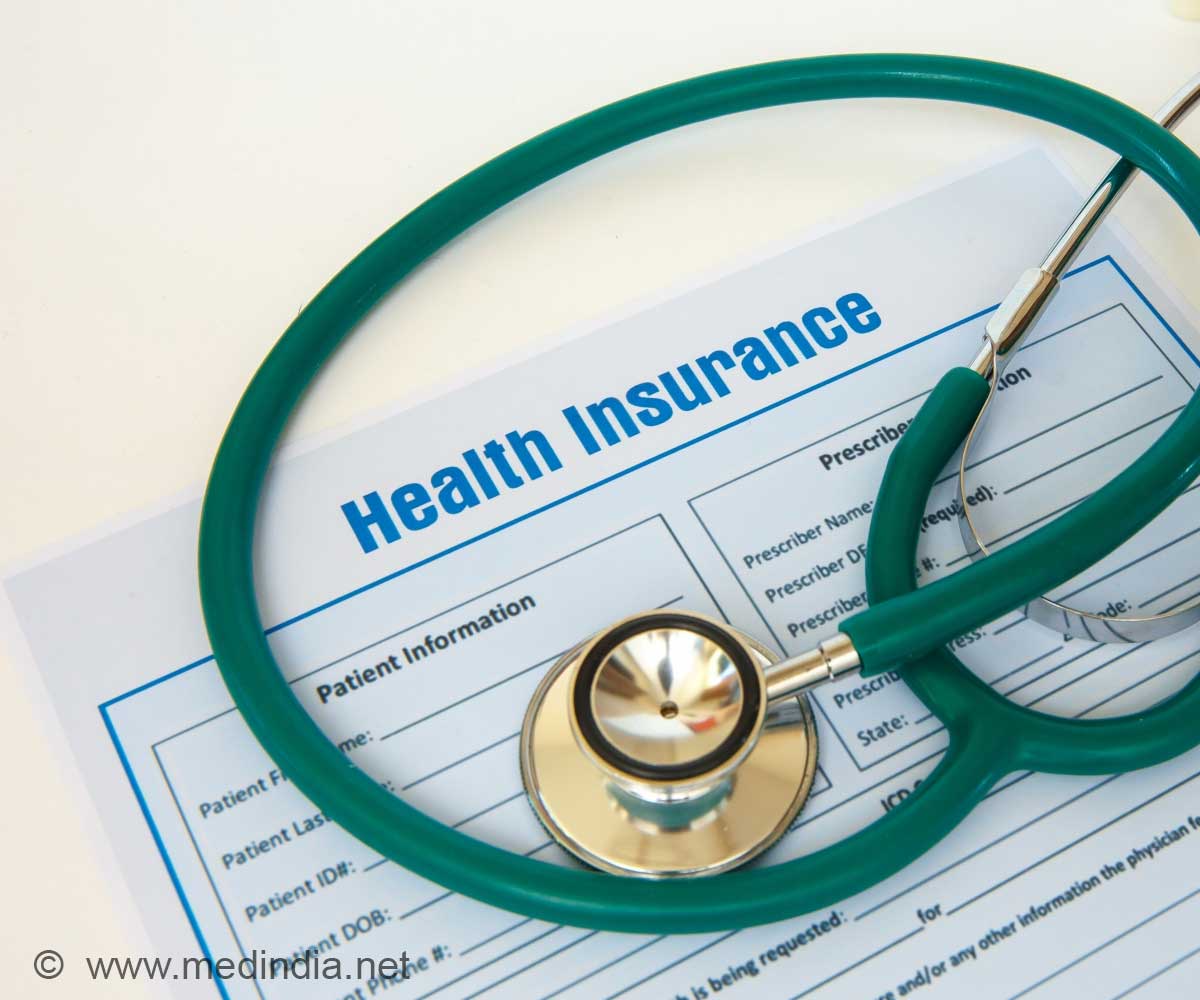A new study has revealed that 18.2 million people at a higher risk of severe COVID-19 were either uninsured or underinsured.

‘Racial minorities who are most likely to be inadequately insured against the costs of illness among those at increased risk of severe complications from coronavirus. ’





For instance, compared to non-Hispanic whites, Blacks were 42% and Native Americans 90% more likely to be at risk for severe COVID-19, and high-risk persons from those racial groups were 51% and 53% more likely to have inadequate coverage compared to high-risk whites. Persons in states that failed to expand Medicaid were 6% more likely to be high risk, and 52% more likely to have inadequate coverage compared to those in states that accepted the ACA's Medicaid expansion. Hispanics at high medical risk were more than twice as likely as non-Hispanic whites to have inadequate coverage. "The pandemic is laying bare the lethal inequality of American society and American health care," said lead author Dr. Adam Gaffney, a pulmonary and critical care physician at the Cambridge Health Alliance and Harvard Medical School. "Our ICU has been flooded with poor and minority patients; having COVID-19 is scary enough without worrying that you'll be bankrupted by medical bills," he added.
Despite recent federal actions to help fund COVID-19 care, and some insurers' promises to upgrade coverage for the disease, many American still lack protection from COVID-19's costs. The Families First Coronavirus Response Act mandated full coverage for COVID-19 testing, but not for treatment, and the CARES Act provided some funding for hospitals treating uninsured patients, but the protection is far from adequate.
While some private insurers have promised to waive copays and deductibles for treatment as well as testing, this promise doesn't apply to out-of-network care, or to the majority of privately-insured workers whose employers are self-insured. Moreover, most of these waivers will expire by July 1. A Gallup poll found that many remain fearful of treatment costs, with 14% of Americans saying they would avoid care because of costs even if they develop symptoms of COVID-19.
"These promises of new protections for patients with COVID-19 are full of holes," noted senior author Dr. Danny McCormick, a primary care physician and associate professor at Harvard Medical School. "COVID-19 threatens the health of people everywhere, but only in the U.S. will it also ruin patients financially. When people avoid testing and care because they fear the costs, it fuels the epidemic's spread," he added.
Advertisement
"Patients with heart disease, asthma, and diabetes need protection too. Medicare for All is the long-term answer. But in the meantime, passage of the stopgap Medicare expansion bills introduced by Sen. Bernie Sanders and Rep. Pramila Jayapal would ensure that patients can get the care they need during the crisis, regardless of their diagnosis."
Advertisement















